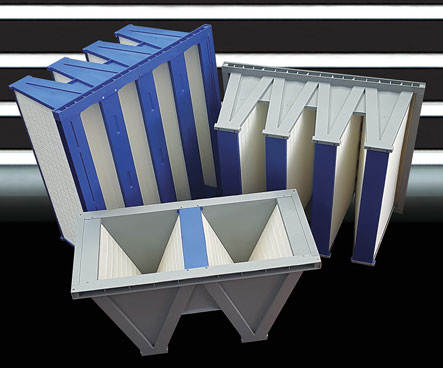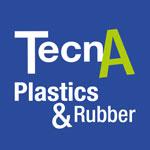 Defil is committed to minimizing its environmental impact in all production and packaging processes, seeking solutions and components that cause the least possible harm to our planet
Defil is committed to minimizing its environmental impact in all production and packaging processes, seeking solutions and components that cause the least possible harm to our planet
Growing industrialization, the ever-increasing human activity, and the spread of various pollutants have led to a significant increase in emissions of harmful substances, which pose a threat to both human health and ecosystems. Among the most effective strategies to counter this trend, air filtration systems stand out as essential tools, capable of drastically reducing emissions of particulate matter and harmful gases, contributing to an overall improvement in air quality and a reversal of climate change trends.
Reducing particulate matter and harmful gas emissions
One of the main benefits of using advanced filters is their ability to capture fine dust, polluting gases, and chemical agents that, when released into the environment, can be harmful to both human health and ecosystems. Among these substances, fine dust (PM10, PM2.5, and PM1) is the most dangerous, as it penetrates deeply into the lungs and circulatory system, causing respiratory, cardiovascular, and other chronic diseases. Filters, such as DFT/DIE rigid pocket filters, are constructed with pleated glass microfiber paper panels, thermoplastic yarn separators, and polyurethane seals, which effectively retain these fine particles with low pressure losses. Their filtration capacity translates into a significant improvement in air quality within industrial, residential, or public environments, reducing emissions of hazardous substances and contributing to the health of the entire ecosystem.
Greenhouse gas mitigation
In addition to capturing particulate matter, state-of-the-art filters help reduce greenhouse gas emissions such as carbon dioxide (CO2) and other pollutants from industrial and air conditioning processes. Greenhouse gas emissions are among the main causes of global warming and climate change, phenomena that threaten the stability of ecosystems and the survival of living species. The adoption of efficient filtration systems, such as rigid bag filters of various construction series (for example, the 9 m², 14 m², and 18 m² series), significantly reduces the amount of harmful gases released into the atmosphere.
Protecting public health
The spread of pathogens, chemicals, and toxic substances poses a constant threat to public health. High-quality filters, such as absolute filters with efficiency ratings of E10, E11, E12, or H13 (according to UNI EN 1822 standards), reduce the spread of these substances into the environment, protecting people who work or live in polluted areas. The ability to effectively filter even particularly sensitive environments, such as hospitals, airports, or research laboratories, ensures a safer environment, reducing the risk of illness and infection. Furthermore, DFT/DIE CARB activated carbon filters, featuring a dual filtration and adsorption function, are essential for eliminating unpleasant odors and volatile substances, often found in industrial kitchens, air conditioning systems in airports, and healthcare facilities.
Sustainability and technological innovation
Defil is committed to minimizing its environmental impact in all production and packaging processes, seeking solutions and components that cause the least possible harm to our planet.






